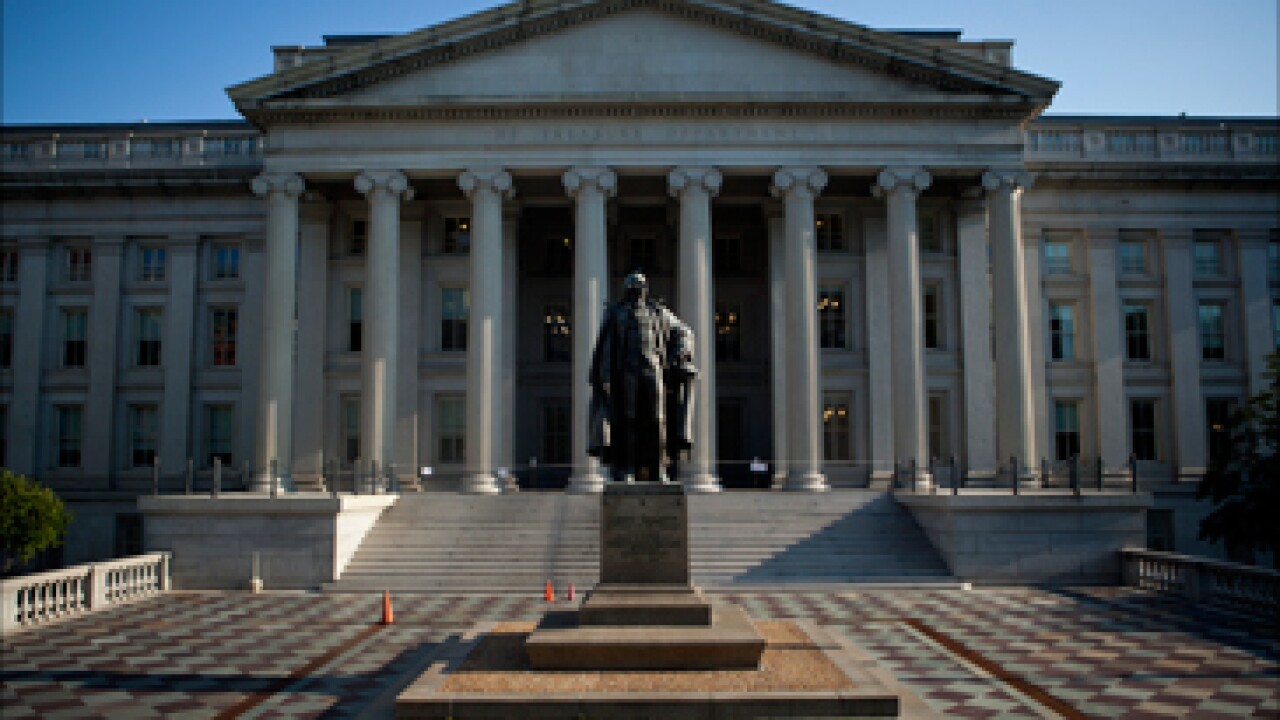-
As geopolitical threats loom, the U.S. needs a better-coordinated AML strategy. The Treasury Department's Financial Crimes Enforcement Network should take the lead in implementing needed reforms.
February 23
-
Financial fraud in the U.S. has become so sophisticated that it now has its own internal economy, complete with supply chains and customer service. Banks need to wake up to the reality that the landscape has changed.
February 17
-
As the Trump administration signals interest in reforming AML regulations, the industry must come together in support of new rules that promote efficiency and effectiveness in the fight against financial crime.
January 26
-
While overall payments declined, the financial sector remained the top payer to cybercriminals, surpassing both health care and manufacturing.
December 5 -
Coordinated sanctions target two networks behind so-called pig butchering scams, human trafficking and money laundering for North Korean cybercrime groups.
October 17 -
The Treasury Department's Financial Crimes Enforcement Network is seeking public comment on a survey of anti-money-laundering compliance costs from a variety of nonbanks, including casinos, insurers, lenders and other nonbanks, a possible precursor to deregulatory proposals down the road.
September 29 -
The Treasury Department proposed a rule delaying investment adviser AML requirements to 2028 and sought public comment on implementing regulations for a stablecoin bill passed earlier this summer.
September 19 -
Predators often target boys ages 14 to 17, demanding money or using deepfakes to extort them.
September 8 -
Art collectors — and criminals — can anonymously spend millions on art in the U.S. A newly introduced bill could change that.
July 28 -
The Treasury's financial crime agency delayed enforcement of a variety of Bank Secrecy Act requirements for investment advisors in order to gain time to revise and tailor regulations.
July 21 -
The interim final rule removes the requirement under the Corporate Transparency Act for U.S. companies and people to report beneficial ownership information.
March 24 -
Both consumers and banks reported that the rate of fraud and scams has steadied, according to Fincen and FTC data, but the total cost continued rising.
March 13 -
A new order requires certain non-bank financial companies in certain ZIP codes to report transactions over $200, much lower than the previous $10,000 threshold.
March 11 -
A federal district court in Texas has stayed an injunction that had prevented enforcement of the Corporate Transparency Act and its reporting requirement.
February 19 -
The Treasury Department extended deadlines for businesses to file beneficial ownership information after a court lifted a nationwide injunction on the reporting requirements.
December 24 -
The Treasury's financial crimes arm alerted banks to the dangers of AI-powered fraud, urging close monitoring and swift reporting of any suspicious activity.
November 14 -
Banks and consumers report fraud at higher rates than they did before the pandemic, and those cases have continued getting costlier.
September 11 -
New rules from Treasury's Financial Crimes Enforcement Network will mandate reporting for non-financed real estate transfers and expand anti-money-laundering requirements for investment advisors.
August 28 -
Republican lawmakers want the Treasury secretary to extend the deadline for U.S. businesses to submit beneficial ownership information to the agency's Financial Crimes Enforcement Network. She emphasized that the agency is focused on penalizing willful non-compliance rather than enforcing 'gotcha' penalties against small businesses.
July 10 -
The Treasury Department's Financial Crimes Enforcement Network issued a proposal mandating banks enhance their anti-money-laundering and counterterrorism financing programs, including measures to address fentanyl trafficking and Russian money laundering.
June 28














